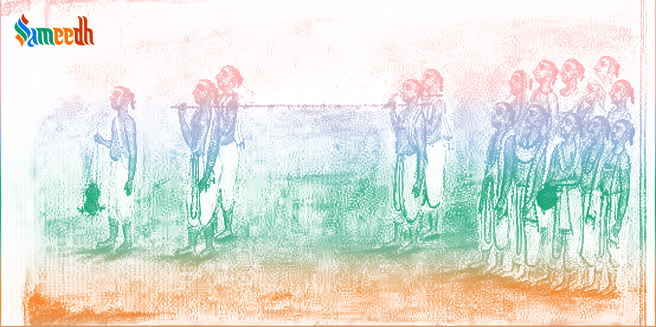In Hinduism, it is traditionally common for funeral rituals to be performed by males, particularly the eldest son or the closest male relative of the deceased.

In Hinduism, it is traditionally common for funeral rituals to be performed by males, particularly the eldest son or the closest male relative of the deceased. There are several cultural and religious reasons behind this practice. It’s important to note that these customs may vary among different regions and communities within Hinduism, and contemporary practices are evolving to be more inclusive.
- Ancestral lineage and family responsibilities: In Hindu society, the male members of the family are often seen as the custodians of ancestral lineage and family traditions. By performing the funeral rites, they symbolically carry forward the lineage and fulfill their duty towards their ancestors. This responsibility is considered an important role assigned to males within the family structure.
- Ritual purity and spiritual role: Funeral rituals are considered sacred and involve various rituals and ceremonies. According to traditional Hindu beliefs, males are perceived to have a higher level of ritual purity, which is necessary for performing certain religious rituals. The performance of funeral rites is seen as a spiritual duty, and it is believed that males have a better capacity to fulfill these duties.
- Social and cultural norms: Hindu funeral rituals are deeply rooted in social and cultural traditions that have been followed for generations. These traditions often reflect the patriarchal structure prevalent in many societies, where males have traditionally held greater authority and responsibilities within the family. As a result, the role of performing funeral rites has historically been assigned to males.
It’s important to recognize that these customs are based on cultural and historical factors rather than inherent gender superiority. Over time, there have been efforts to challenge and revise these gender-specific roles. In modern times, there is a growing recognition of the importance of inclusivity and equal participation in funeral rituals. Many families are now adopting more egalitarian approaches, allowing both male and female family members to be involved in the performance of funeral rites.
Ultimately, the participation in funeral rituals should be based on the individual’s choice, capabilities, and the dynamics within the family, rather than being strictly dictated by gender norms.